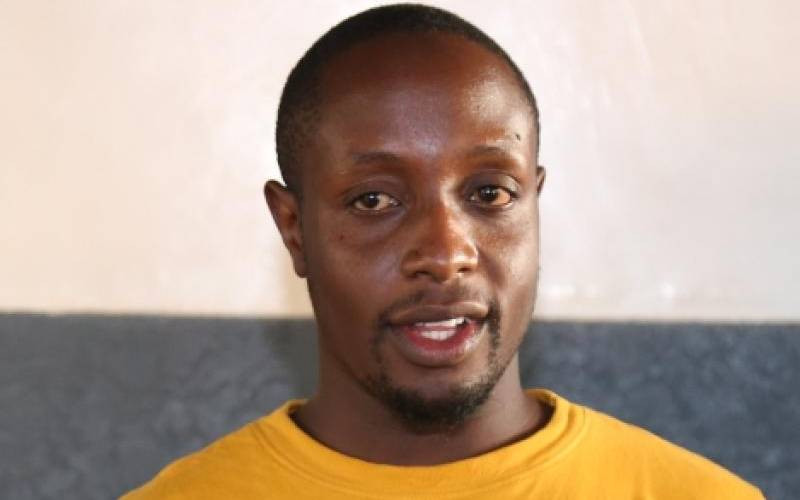×
The Standard e-Paper
Stay Informed, Even Offline

Violence doesn't discriminate, it affects women of all ages, abilities, classes and backgrounds. What's alarming is that 1 in 3 women across the world will experience violence in their lifetime. That's more than 1 billion women and girls facing physical or sexual abuse.